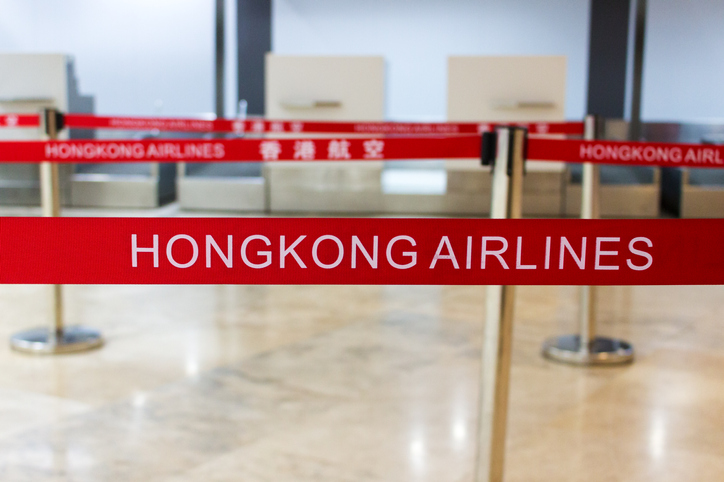Japanese Prime Minister Shinzo Abe on Wednesday promised support for domestic airlines hit by the coronavirus pandemic, and said a planned stimulus programme would be big enough to stave off a return to deflation.
The outbreak has further weakened an economy already on the cusp of recession as travel bans and social distancing policies deal a huge blow to sectors including transport, retail and tourism.
“The aviation industry is our country’s core infrastructure that must not be damaged, so we’ll take steps to support it,” Abe told parliament. He did not specify what the support package might entail.
Many other developed countries are already rolling out support measures for their carriers as passenger air traffic worldwide falls to minimal levels to help slow the spread of the epidemic
Abe also said the government would take “necessary and sufficient” stimulus measures to ensure the country did not return to deflation.
Price growth in Japan has been low or negative since 1998, though huge stimulus programmes implemented by Abe since 2012 have boosted both the economy and inflation. Core consumer inflation hit 0.6% in February.
“We’re now laying out a bold stimulus package. This will of course involve (issuing) government bonds,” Abe said, urging the Bank of Japan to press on with large-scale bond purchases to keep borrowing costs low.
“It’s been proven (that this).. does not trigger hyper-inflation or a yen free fall,” as some had suggested, Abe said.
Sources have told Reuters Japan will boost bond issuance by $149 billion yen from July to fund its stimulus programme.
The owners of some of Japan’s biggest department stores on Wednesday reported an unprecedented slump in March sales after they cut operating hours over the outbreak.
Japan Airlines, meanwhile, has said it will cut flights on international routes from the country by almost two thirds in April.
Sources say ANA Holdings – the parent company of Japan’s largest carrier All Nippon Airways – is considering a loan of around 100 billion yen to cushion the impact of the virus.
With Japan’s confirmed coronavirus cases surging to around 2,200 with 66 deaths, pressure is growing for the government to order a lockdown, especially in Tokyo where many of the new infections are appearing.
Ryutaro Kono, chief Japan economist at BNP Paribas, said he expected the economy to contract 2.9% in the fiscal year that began in April if the capital was locked down







